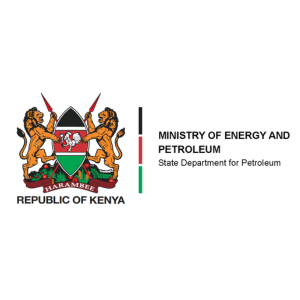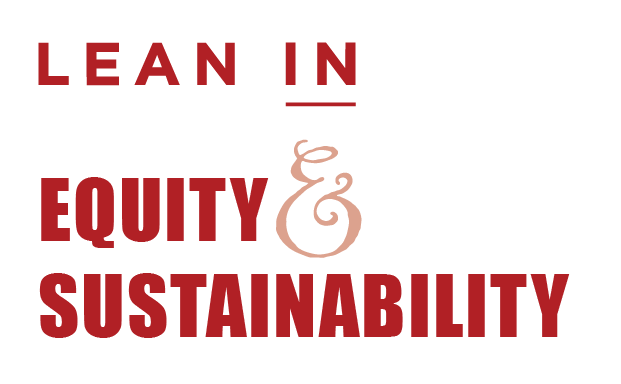Apr 18 | 2024
As of January 1, 2024, the combined reserves of crude oil and condensate have risen to 37.50 billion barrels.
Nigeria’s oil and gas reserves have seen a notable surge, reinforcing the country’s position on the global energy stage. As of January 1, 2024, the combined reserves of crude oil and condensate have risen to 37.50 billion barrels, a substantial increase from the 36.966 billion barrels recorded on the same date in 2023, according to the latest figures released from the country’s Upstream Petroleum Regulatory Commission (NUPRC).
The reserves of associated and non-associated gas have also witnessed an uptick, reaching a total of 209.26 trillion cubic feet (TCF), a slight increase from 208.83 TCF in 2023. The Commission’s Chief Executive, Engr Gbenga Komolafe, provided the breakdown during a press briefing at the Commission’s Headquarters in Abuja on Monday.
“These figures shed light on Nigeria’s significant oil and gas resources, reaffirming our status as a critical player in the global energy landscape,” said Engr Komolafe. Despite a marginal decline of about 0.22 per cent in oil and condensate reserves on January 1, 2023, attributed to low exploration activities and reserves revision due to subsurface studies in 2022, Nigeria’s reserves have shown resilience.
Of the total reserves, crude oil was recorded at 31.56 billion barrels and condensate at 5.94 billion barrels, according to the latest data from NUPRC. The reserves of associated gas and non-associated gas were reported at 102.59 trillion cubic feet and 106.67 trillion cubic feet, respectively.
Engr Komolafe says that these reserves have a profound impact on energy policies, investment decisions, and overall economic planning, further cementing Nigeria’s standing in the global energy landscape.
For more industry news and the latest reports sign up to our monthly newsletter:
The reserves of associated and non-associated gas have also witnessed an uptick, reaching a total of 209.26 trillion cubic feet (TCF), a slight increase from 208.83 TCF in 2023. The Commission’s Chief Executive, Engr Gbenga Komolafe, provided the breakdown during a press briefing at the Commission’s Headquarters in Abuja on Monday.
“These figures shed light on Nigeria’s significant oil and gas resources, reaffirming our status as a critical player in the global energy landscape,” said Engr Komolafe. Despite a marginal decline of about 0.22 per cent in oil and condensate reserves on January 1, 2023, attributed to low exploration activities and reserves revision due to subsurface studies in 2022, Nigeria’s reserves have shown resilience.
Of the total reserves, crude oil was recorded at 31.56 billion barrels and condensate at 5.94 billion barrels, according to the latest data from NUPRC. The reserves of associated gas and non-associated gas were reported at 102.59 trillion cubic feet and 106.67 trillion cubic feet, respectively.
Engr Komolafe says that these reserves have a profound impact on energy policies, investment decisions, and overall economic planning, further cementing Nigeria’s standing in the global energy landscape.
For more industry news and the latest reports sign up to our monthly newsletter:




























































